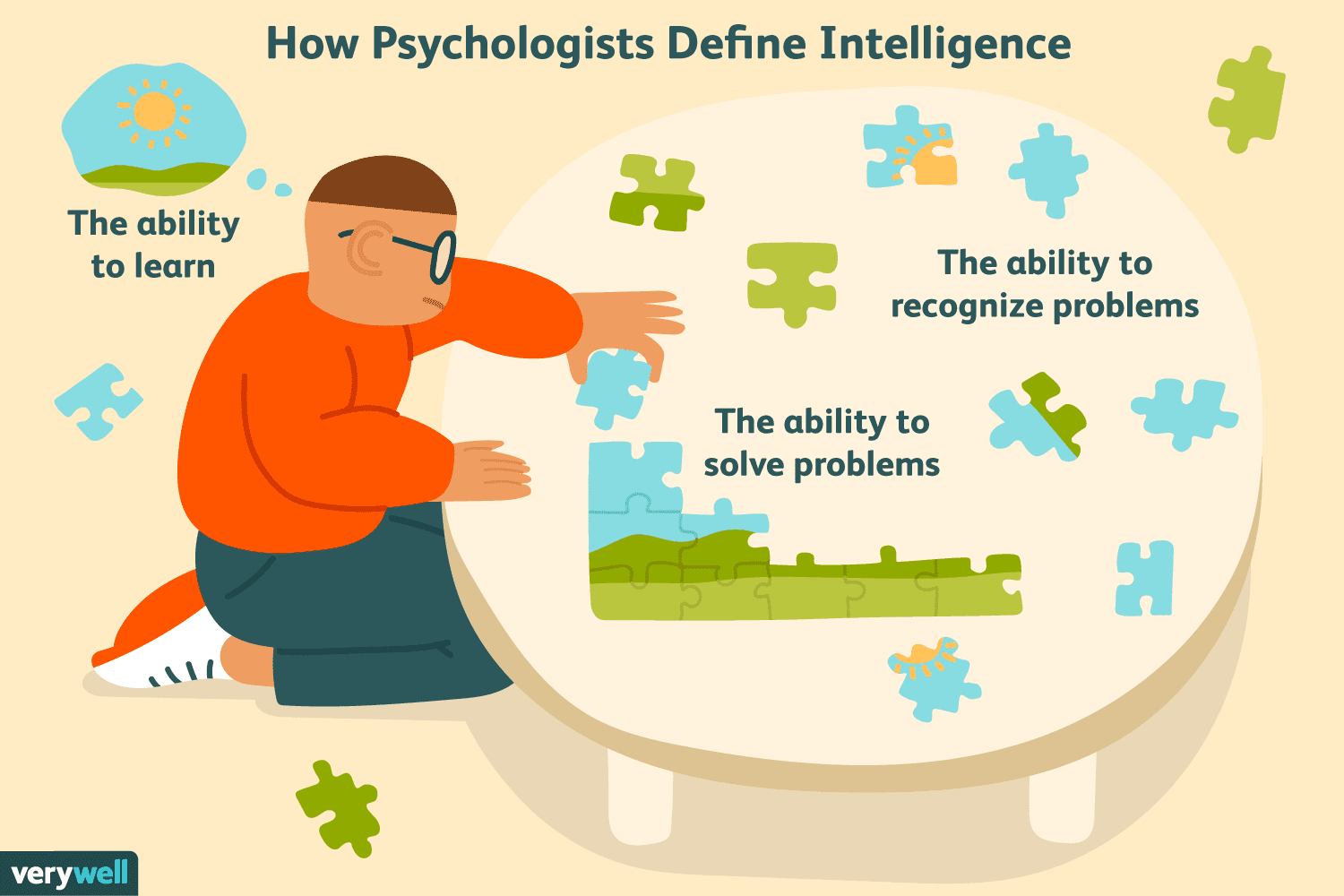Multiple intelligence theory
Dear students,
in chapter bellow you can find basic information about the Multiple intelligence theory. Other useful links connected with the topic are also attached bellow.
What is intelligence?
Gardner´s theory of intelligence
The theory of multiple intelligences ("MIT") was developed by psychologist Howard Gardner in early 1980s. The author propose that
individuals (students) possess eight relatively
autonomous intelligences (
linguistic intelligence, logical-mathematical intelligence,
spatial intelligence, musical intelligence,
bodily-kinesthetic intelligence, naturalistic
intelligence, interpersonal intelligence, and
intrapersonal intelligence - for more see pictures bellow). However in modern schools are only two of these intelligences tested linguistic and logical mathematical). Therefore MIT offers another perspective. This point of view can broaden educators horizons with two advantages: First, it may pave the ways for planning the
education program in a way that students realize their potentials and move
toward their desires; second, it can make it possible for teacher to
reach students who are more active because learning would be more attractive in
a condition that learners are trained through
the use of these intelligences.


